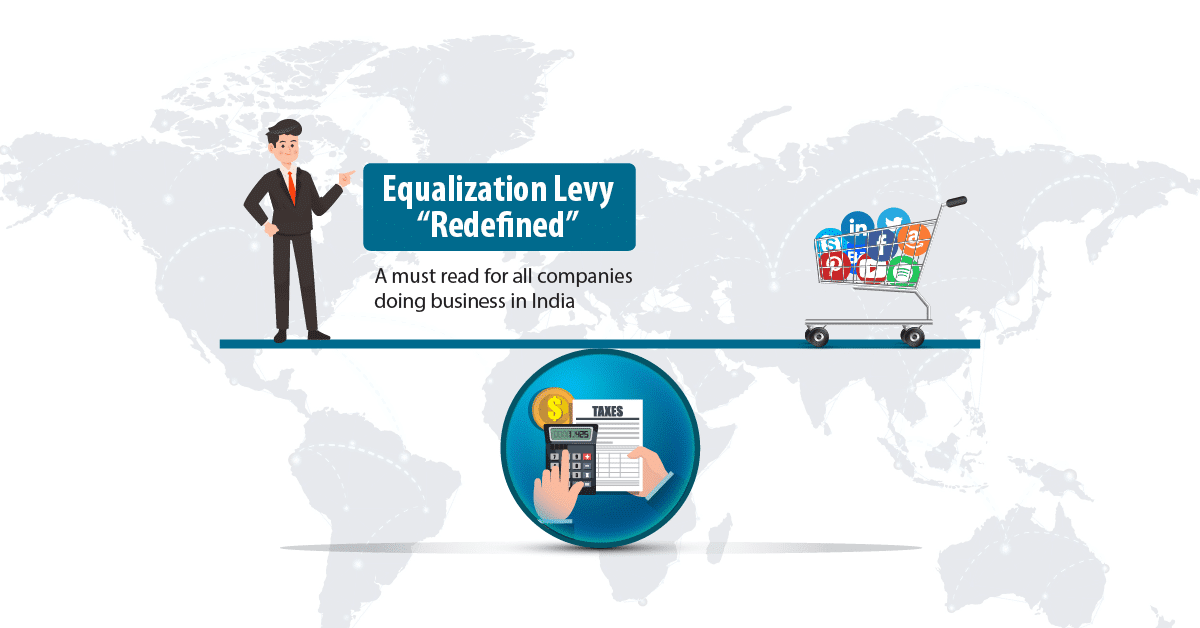When a small business initially starts out, getting the first customers in the door can be their top priority. They may use traditional advertising strategies like print ads, coupon mailers, or even outdoor advertising. Businesses often think that because they provide a high-quality good or service, it will only take a short while for customers to find them.
Small firms would profit from combining their traditional marketing and digital marketing efforts and should take into account the global marketplace of internet prospects. No small business, no matter how young, should disregard digital media as a tool to create leads and turn curiosity into consumers.
What advantages do you see in digital marketing?
Online marketing, at the very least, makes it possible for clients to find the information they require even after you’ve closed for the day. It puts your interactions on their schedule, not yours, by allowing them to email questions at any time rather than being obligated to call during business hours.
A few advantages of including digital methods in your marketing strategy are as follows:
1. Reach
Digital ads are a cost-effective option for small businesses who are concerned about ad expenditure because they often cost much less but have a far higher potential reach than traditional techniques.

A large portion of most potential customers’ daily time is spent online or on mobile devices. In order to reach those customers where they are, brands can employ content marketing, email marketing, social media marketing, and other digital marketing platforms.
2. Targeting
Brands can invest resources in the demographics where they will have the greatest impact by using digital marketing tools and analytics to discover and target clients who are most likely to be interested in their goods or services. Companies may use their resources more efficiently and effectively while generating a higher return on investment with the help of a solid digital marketing plan.

3. Flexibility
With the help of real-time insights from modern marketing analytics solutions, firms can quickly modify their marketing strategies. Traditional marketing strategies, on the other hand, require sunk cost: If the campaign is unsuccessful, nothing can be done until the next one because the money has already been spent. Even if a digital campaign fails, the money used to run it can still be recovered.

4. Measurability
Digital marketing channels come pre-loaded with the performance measurement tools brands need, unlike billboards, TV ads, and radio jingles.

It’s simple to see how many social media posts are being viewed, clicked on, and liked as well as how many people are visiting your website and where they are coming from. With the help of attribution modeling, you can connect a customer’s first purchase with their initial online interaction with your business. Select the metrics that are most important to you, then start investigating how your digital marketing initiatives affect conversion rates.
5. Legitimacy
Customers are more inclined to trust companies with an online presence that includes:
- A website
- Testimonials
- Social media accounts

A strong internet presence demonstrates that a brand is well-known and reliable. When consumers are debating whether to purchase a new good or service, a trust may make or break the deal.
One of the most effective strategies to enhance the reputation of your brand on social media is to work with influencers.
6. Equalization
When done correctly, digital marketing can provide a level playing field for small firms competing against large organizations. Although Amazon, Walmart, and other big box shops may have the largest budgets, relevance in search engines cannot be purchased. Establishing relevance using tactics like pay-per-click (PPC) advertising and search engine optimization is the only method to appear at the top of the Google results page (SEO).
Conclusion
Given the reasons listed above, small businesses should surely choose digital marketing. Many small firms and startups use traditional marketing strategies, but these strategies only work well locally and provide returns extremely slowly. In contrast, the pool of potential clients located online is significantly larger than the group that is targeted locally.
Small businesses can draw in a sizable audience with the help of digital marketing. A low-cost strategy for corporate transformation is digital marketing. Therefore, it makes sense for small businesses to take use of the possibilities of digital marketing and advance in their careers.


